In today’s rapidly evolving digital world, blockchain technology is becoming increasingly significant. This has led to the emergence of a new niche in the tech industry dedicated to this innovative technology – the Blockchain Developer. But what exactly does a blockchain developer do, and why are they so critical in today’s tech landscape? In this post, we’ll explore the role of a blockchain developer, the skills and responsibilities involved, and how one can embark on this exciting career path.
Blockchain technology, known for its role in cryptocurrency systems like Bitcoin, is a decentralized ledger that records all transactions across a network. The potential of blockchain extends far beyond cryptocurrencies, with applications in finance, healthcare, supply chain, and more. At the center of this technological revolution are blockchain developers, who design, implement, and support blockchain systems.
Definition of a Blockchain Developer
A Blockchain Developer is a highly specialized professional who focuses on developing and implementing architecture and solutions using blockchain technology, a revolutionary and disruptive form of distributed ledger technology. As software developers, they possess a profound understanding of the intricacies of blockchain, including its various programming languages (such as Solidity, Vyper, and others), frameworks (like Ethereum’s Truffle and Hyperledger from the Linux Foundation), and protocols. Their expertise is not limited to creating new cryptocurrencies or implementing smart contracts; it extends to developing applications that can have a wide range of uses, from enhancing financial security to improving supply chain management.
Blockchain developers stand at the intersection of traditional software development and cutting-edge distributed systems, equipped with a unique skill set that allows them to navigate the complex landscape of blockchain technology. They are innovators who are capable of conceptualizing and developing applications that leverage the decentralized nature of blockchain, ensuring data integrity and security in transactions and interactions. Their role is crucial in the ongoing evolution of digital transactions, making them highly sought after in various industries looking to incorporate blockchain technology for its transparency, efficiency, and security benefits.
The Importance of Blockchain Developers in the Tech Industry
Blockchain developers are at the forefront of technological innovation, playing a pivotal role in developing secure and groundbreaking solutions across multiple industries. By leveraging the capabilities of blockchain technology, they are instrumental in creating systems that are not only transparent and efficient but also highly secure, thereby revolutionizing traditional business models and processes. As blockchain technology gains more traction and becomes increasingly integrated into various sectors — from finance and healthcare to supply chain management and beyond — the demand for skilled blockchain developers is surging. These developers are the architects behind the scenes, meticulously crafting and implementing solutions that have the potential to drastically alter how businesses operate, ensuring greater transparency, enhanced security, and improved efficiency. The growing need for such talented individuals underscores the critical role they play in bringing the transformative power of blockchain technology to fruition.
Types of Blockchain Developers
Blockchain developers play a pivotal role in the development of blockchain technology and can be broadly divided into two distinct categories, each specializing in different aspects of the blockchain ecosystem:
Core Blockchain Developers
Core blockchain developers are tasked with the critical role of designing the underlying architecture of the blockchain system. Their work involves deep technical expertise as they develop and maintain the consensus algorithms that help in validating transactions and the security protocols that safeguard the integrity of the blockchain. By focusing on the foundational aspects of the blockchain, they ensure that it functions efficiently, securely, and as intended.
Blockchain Software Developers
In contrast, blockchain software developers operate at a layer above the core architecture, utilizing the web infrastructure established by core developers to build innovative applications. These applications, known as decentralized apps (DApps), run on a blockchain network and take advantage of the technology’s inherent benefits, such as transparency, security, and resistance to censorship. Blockchain software developers are responsible for creating user interfaces, coding smart contracts, and developing the frontend and backend of DApps, thereby expanding the blockchain’s utility and accessibility to end-users.
Together, core blockchain developers and blockchain software developers drive the evolution of blockchain technology, each contributing unique skills that complement each other in bringing decentralized projects to life.
Skills Required to Become a Blockchain Developer
Becoming a blockchain developer requires a diverse skill set that encompasses both technical and non-technical abilities. Here are some of the essential skills one must possess to thrive in this role:
- Programming Languages: As with any software development role, proficiency in programming languages is fundamental for a blockchain developer. Some of the most commonly used languages include Solidity, Vyper, Java, C++, and Python.
- Knowledge of Blockchain Platforms and Frameworks: Familiarity with different blockchain platforms, such as Ethereum and Hyperledger, is crucial for a blockchain developer. Additionally, understanding frameworks like Truffle, Remix, and Geth can aid in building efficient and robust solutions.
- Cryptography: To ensure secure transactions on the blockchain, knowledge of cryptography is essential. A blockchain developer must possess an understanding of hashing algorithms, digital signatures, and encryption techniques.
- Smart Contract Development: Smart contracts are self-executing agreements that automate processes on the blockchain. Blockchain developers must have a firm grasp of smart contract development to build decentralized applications that operate seamlessly.
- Problem-Solving and Analytical Thinking: Developing solutions using blockchain technology often involves tackling complex problems. As such, strong analytical and problem-solving skills are essential for a blockchain developer.
- Collaboration and Communication: Blockchain development is a team effort, and effective communication and collaboration skills are vital for success. The ability to work with others, delegate tasks, and communicate ideas clearly is crucial in this role.
Becoming a Blockchain Developer
Becoming a blockchain developer involves understanding the intricacies of blockchain technology and applying this knowledge to develop decentralized applications (dApps), smart contracts, and protocols that operate on blockchain platforms. A blend of curiosity, technical aptitude, and a solid educational foundation lays the groundwork for a successful career in blockchain development.
Educational Pathways
A degree in computer science, information technology, software engineering, or a related field provides a strong technical foundation for aspiring blockchain developers. However, the unique nature of blockchain technology means that hands-on experience and self-directed learning can be equally valuable. Courses and bootcamps specifically focused on blockchain technology cover essential concepts ranging from cryptographic principles to smart contract development.
Notable resources include:
- Coursera’s Blockchain Specialization
- edX’s Blockchain Fundamentals Professional Certificate
- Blockchain Council’s Certified Blockchain Developer
Necessary Experience and Skills
Blockchain developers usually come from a strong programming background with fluency in one or more of the following languages:- Solidity (specific to Ethereum smart contracts)
- Python
- JavaScript
- Go
- C++
- In addition to technical skills, blockchain developers need a solid grasp of blockchain platforms, smart contracts, consensus algorithms, and decentralized ledger technology.
Resources for Learning
The internet offers a plethora of resources for those eager to dive into blockchain development. Online platforms like Solidity by Example and CryptoZombies provide interactive tutorials that teach smart contract programming. Additionally, communities like Stack Exchange’s Ethereum site and r/ethdev on Reddit serve as valuable forums for asking questions and sharing knowledge.
FAQ – What is a Blockchain Developer?
What distinguishes a blockchain developer from other types of developers?
Blockchain developers specialize in implementing solutions that leverage the distributed ledger technology of blockchain. This requires understanding both the theoretical underpinnings of the technology and the practical aspects of its implementation, which differ significantly from traditional development frameworks.
Which programming languages are most important for blockchain development?
Solidity is crucial for developing Ethereum-based dApps and smart contracts, while languages like Python and JavaScript are widely used in various blockchain projects.
How can someone with no background in blockchain start learning to become a developer?
Starting points include understanding the basics of blockchain technology, followed by learning a blockchain-centric programming language such as Solidity or JavaScript for blockchain applications. Engaging with online communities and contributing to open-source blockchain projects are excellent ways to gain real-world experience.
Are certifications important for becoming a blockchain developer?
While not mandatory, certifications can validate your knowledge and skills, making you more attractive to employers in a competitive job market.
What are the most challenging aspects of blockchain development?
Challenges include keeping up with the rapidly evolving landscape of blockchain technology, designing secure and efficient smart contracts, and understanding the regulatory and ethical implications of decentralized applications.
How does the job market look for blockchain developers?
The demand for skilled blockchain developers outpaces the supply, leading to competitive salaries and numerous job opportunities in both startups and established companies looking to explore blockchain technology.
Conclusion
Blockchain development represents a frontier of technological innovation with the potential to reshape countless industries. For developers, venturing into blockchain could offer exciting new challenges and the opportunity to be at the forefront of a digital revolution. Although the path to becoming a blockchain developer may seem daunting, resources, communities, and educational platforms provide the support necessary to build your capabilities in this dynamic field. Whether you are a seasoned developer looking to upgrade your skill set or a newcomer with a passion for technology, the world of blockchain development awaits.
- Blockchain Council’s Certified Blockchain Developer
- edX’s Blockchain Fundamentals Professional Certificate
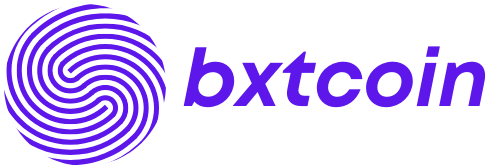
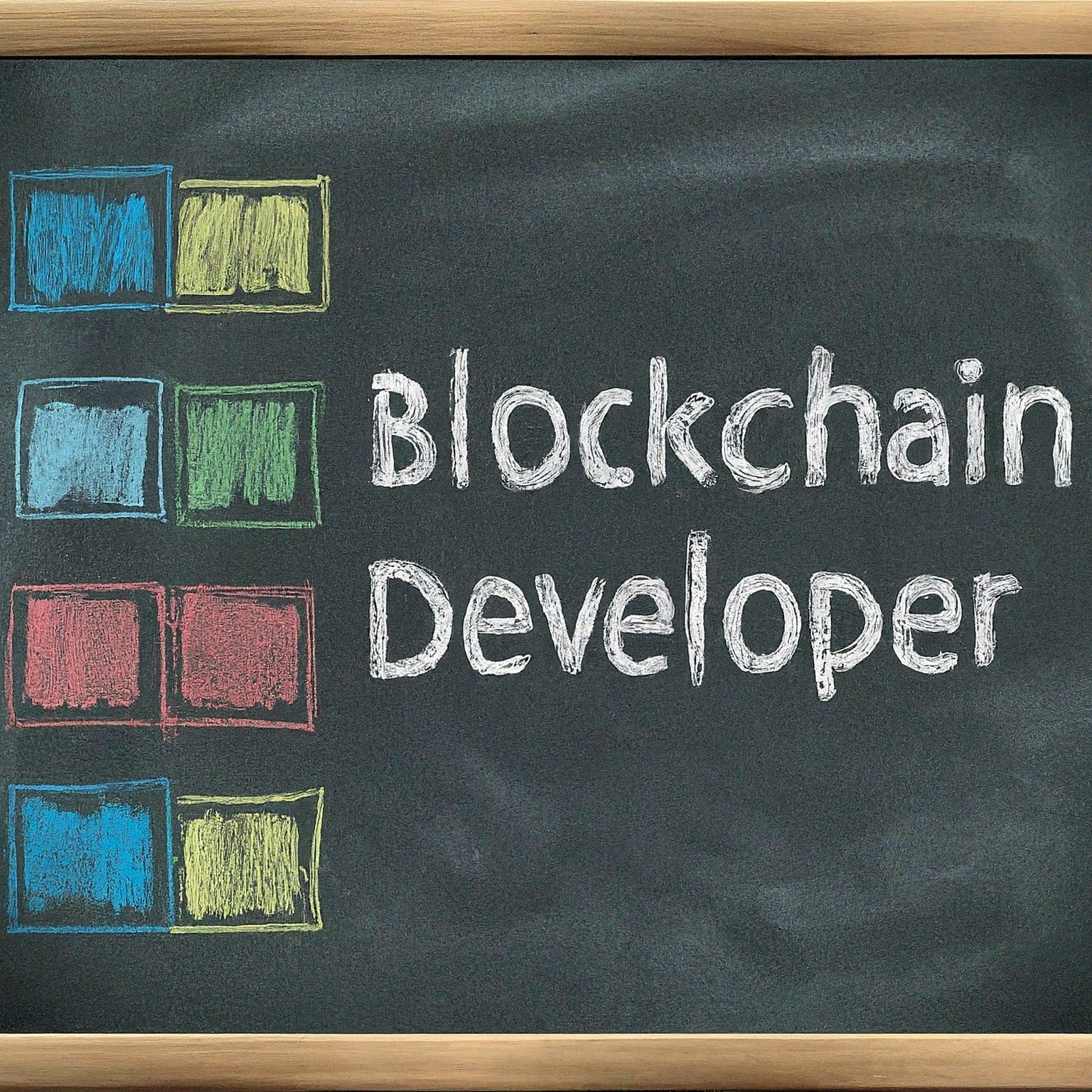
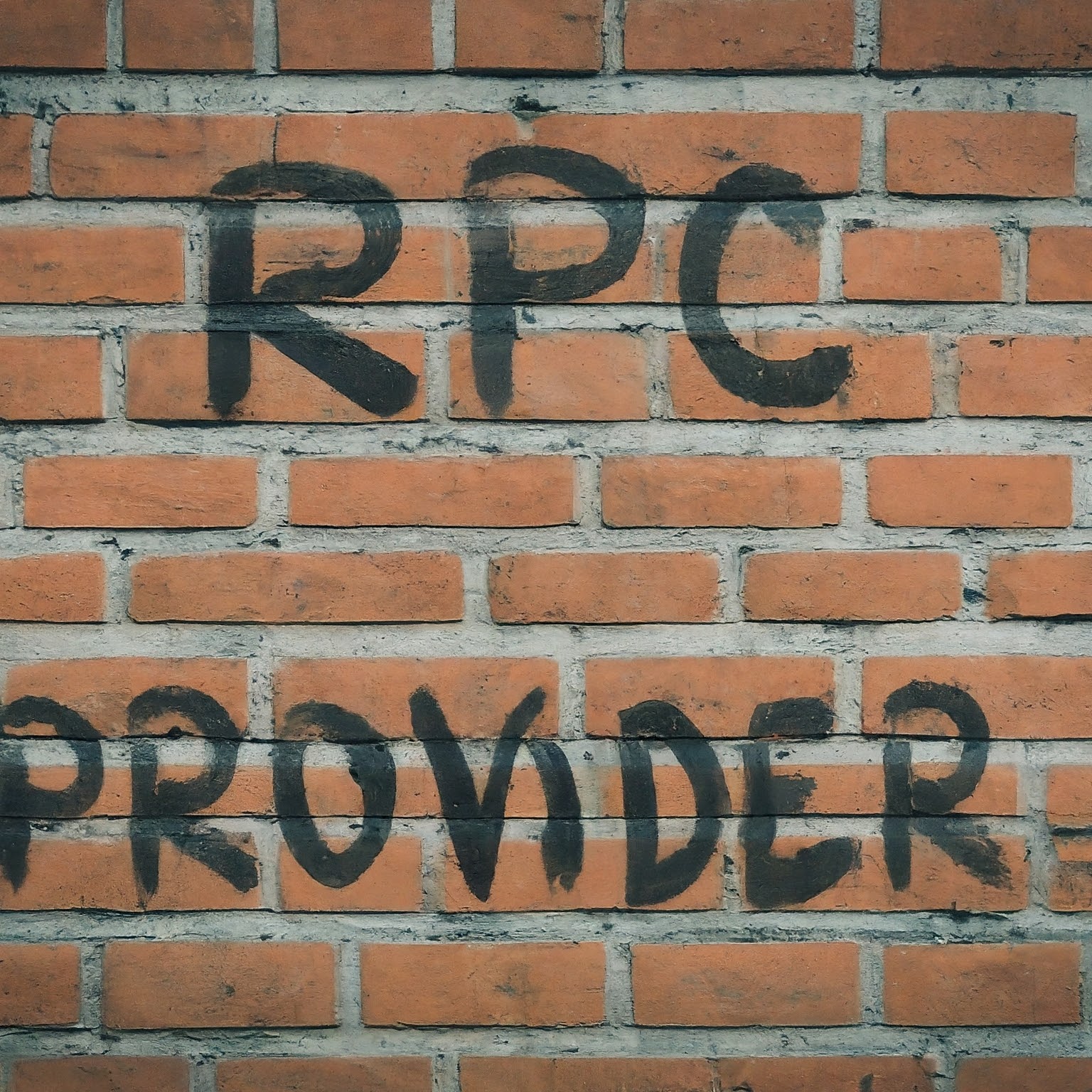
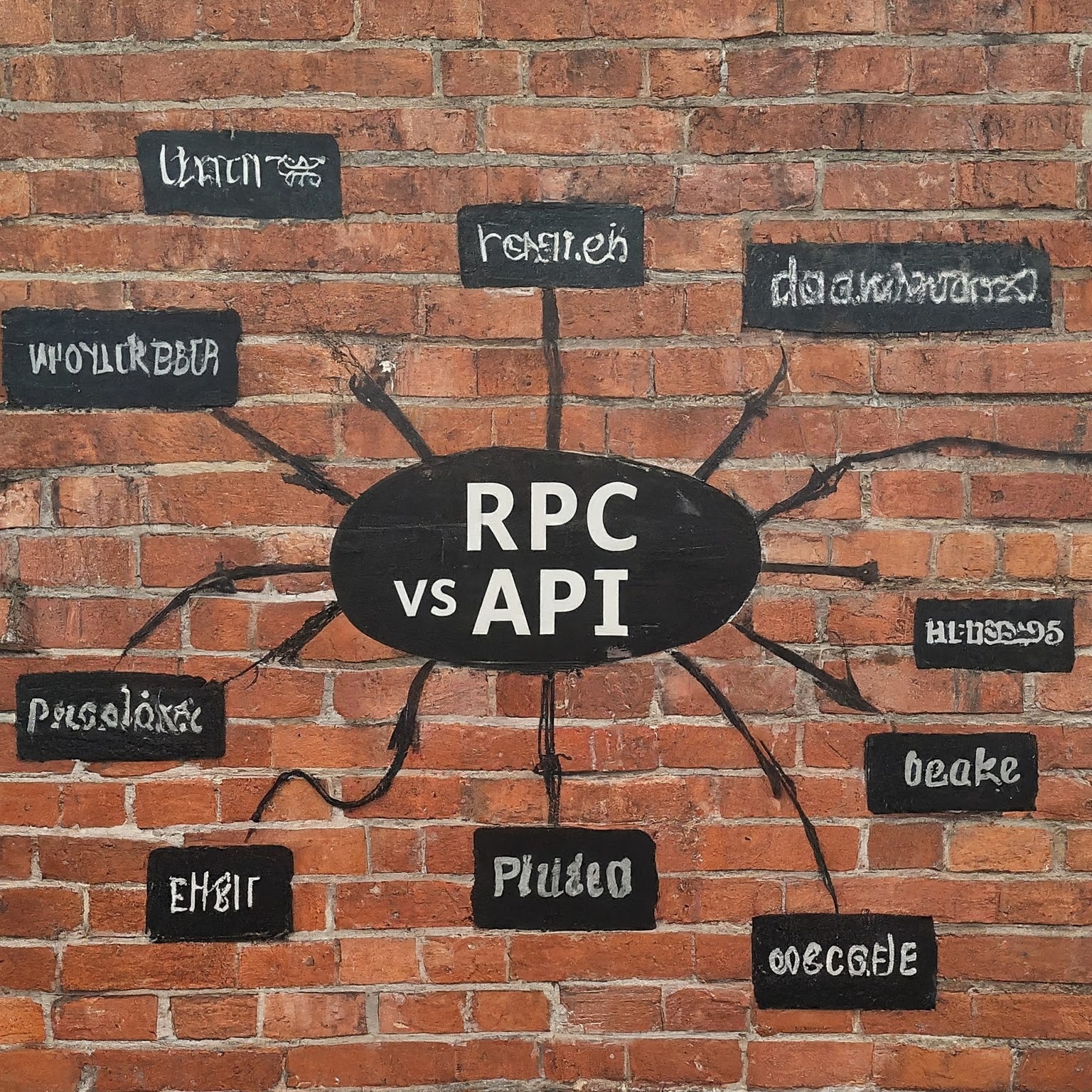
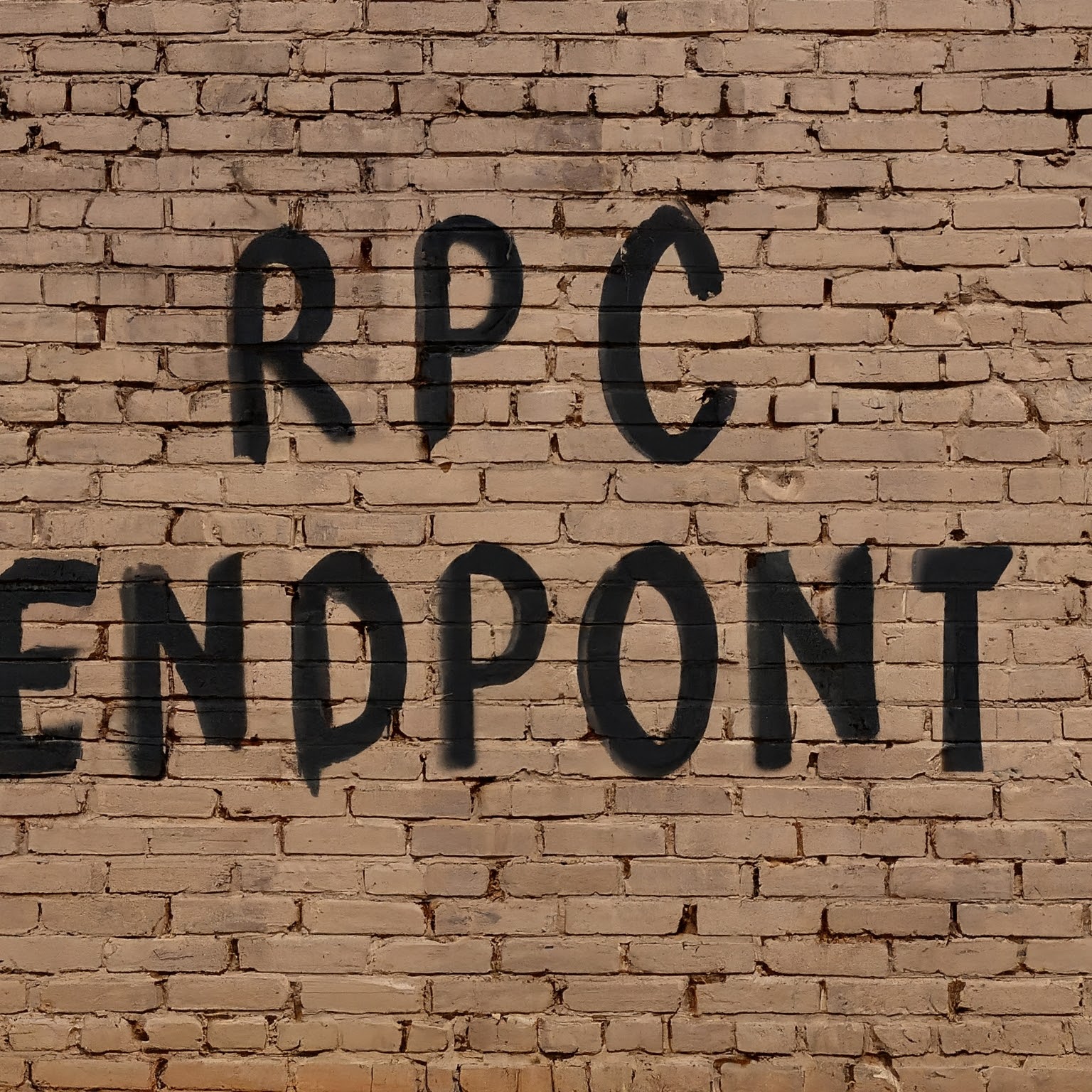
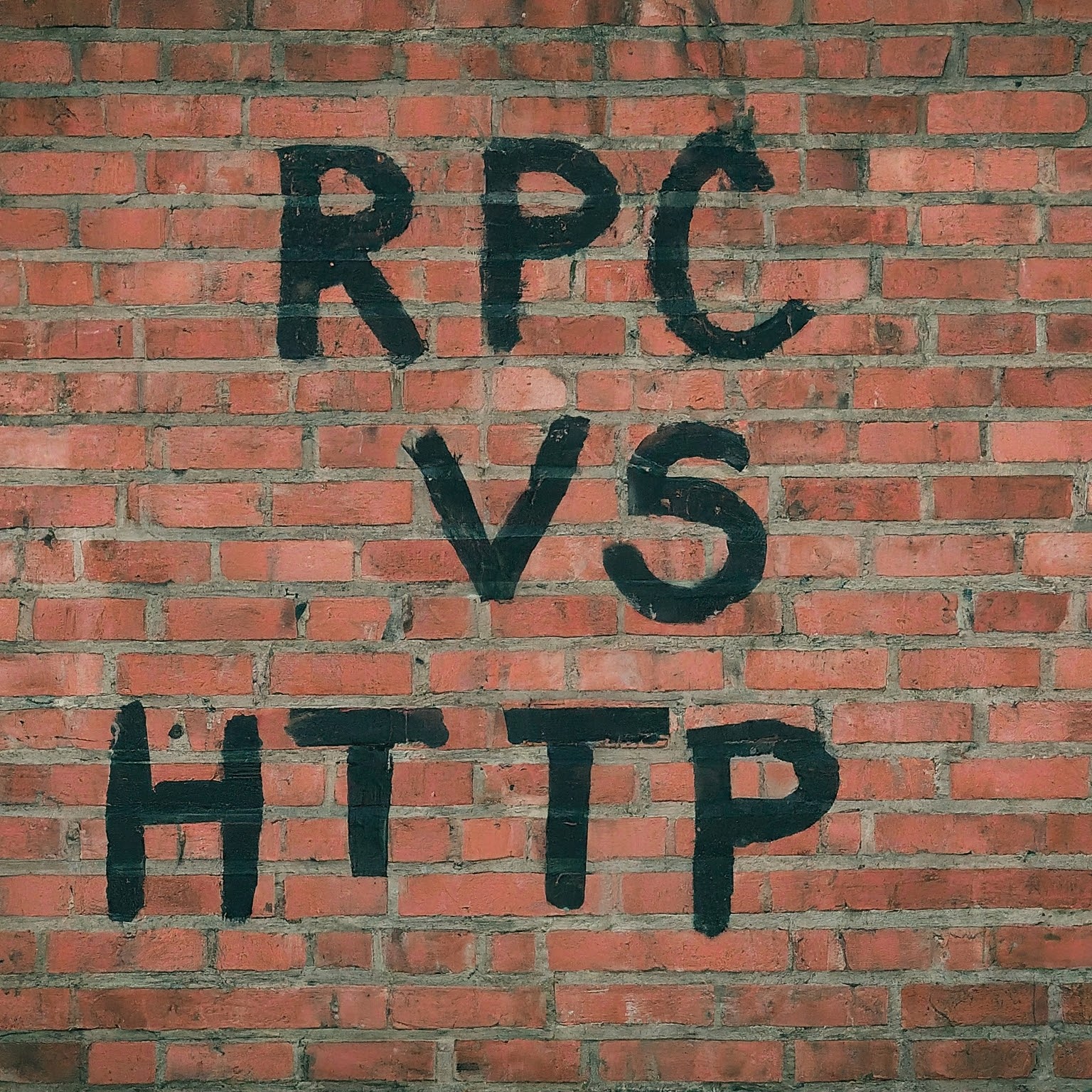
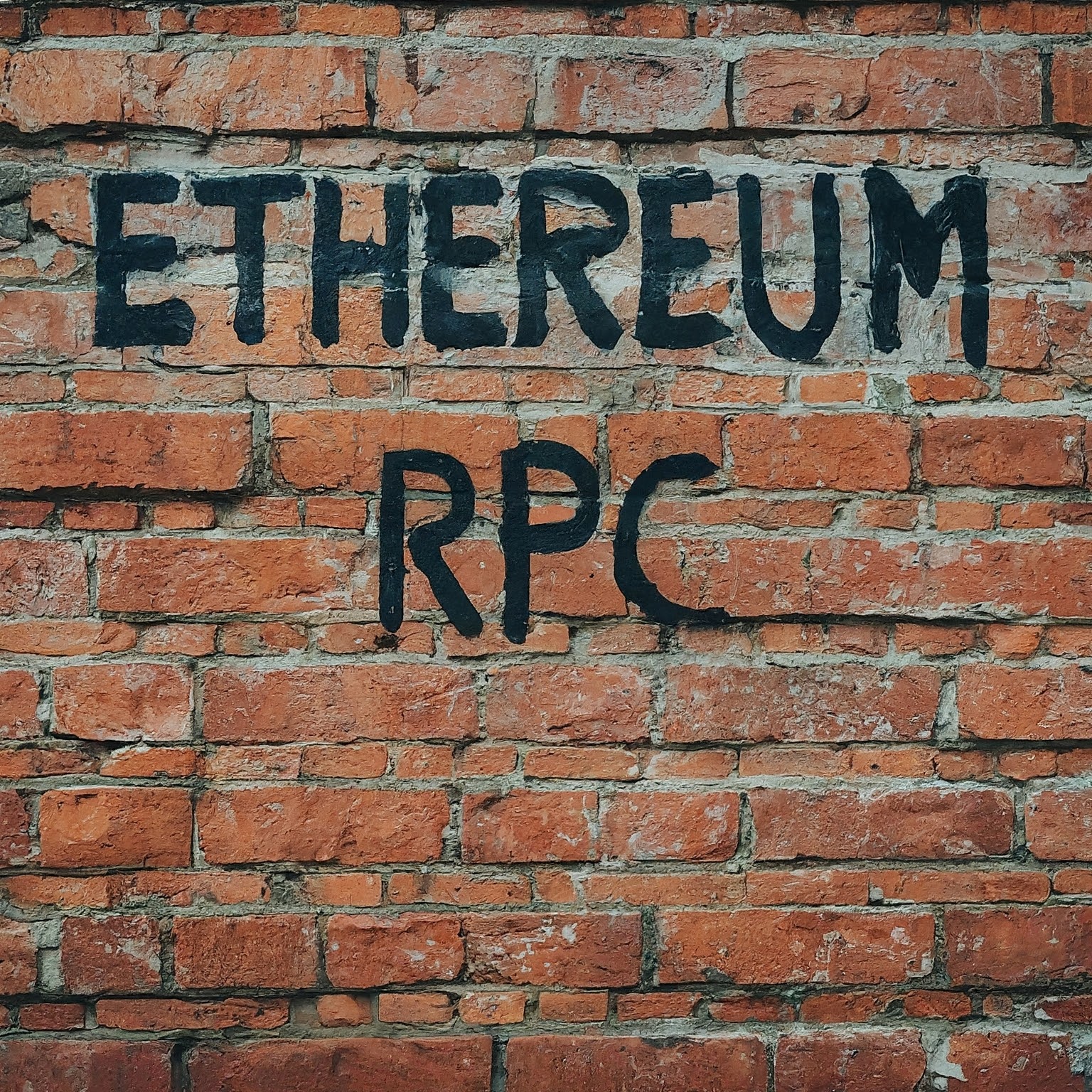
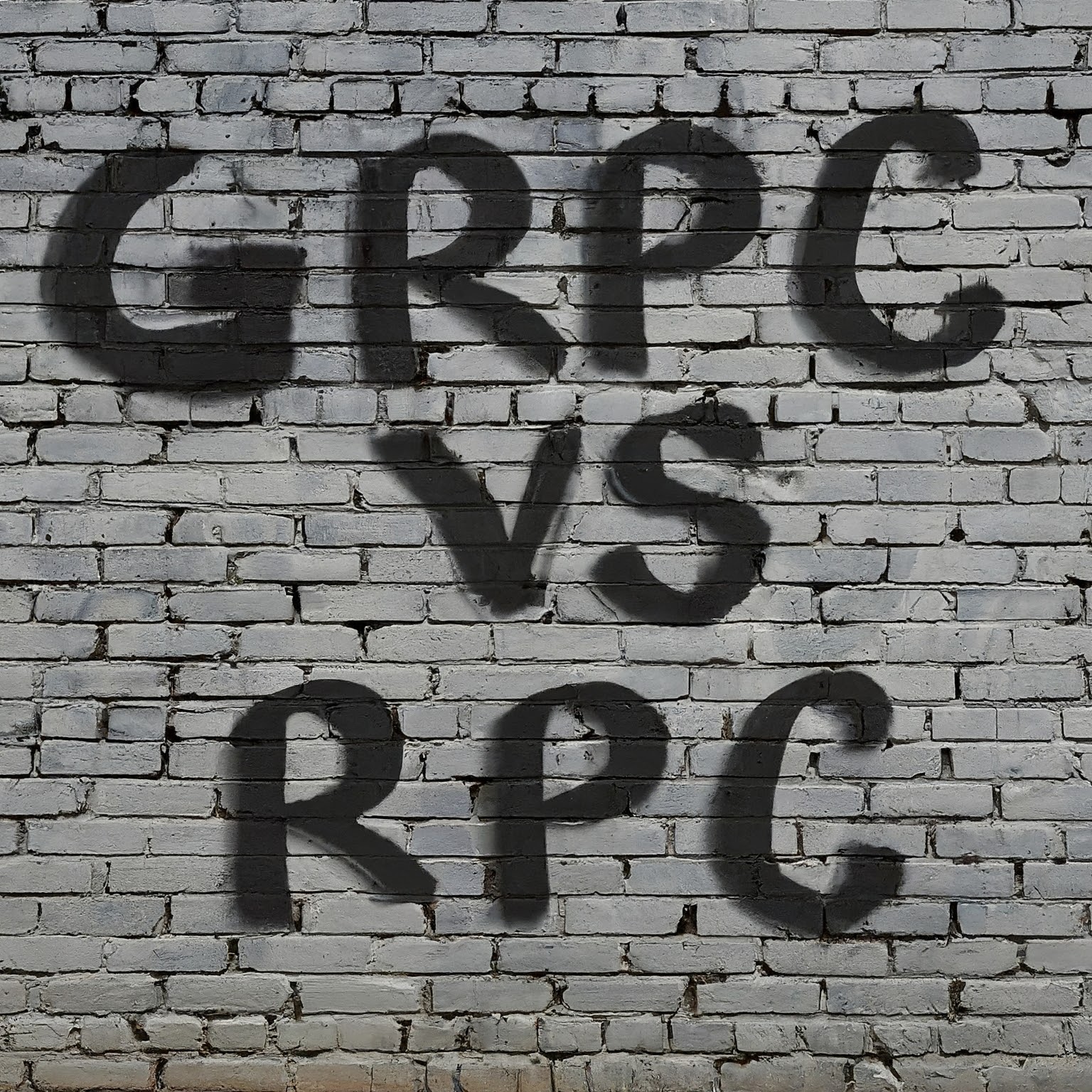
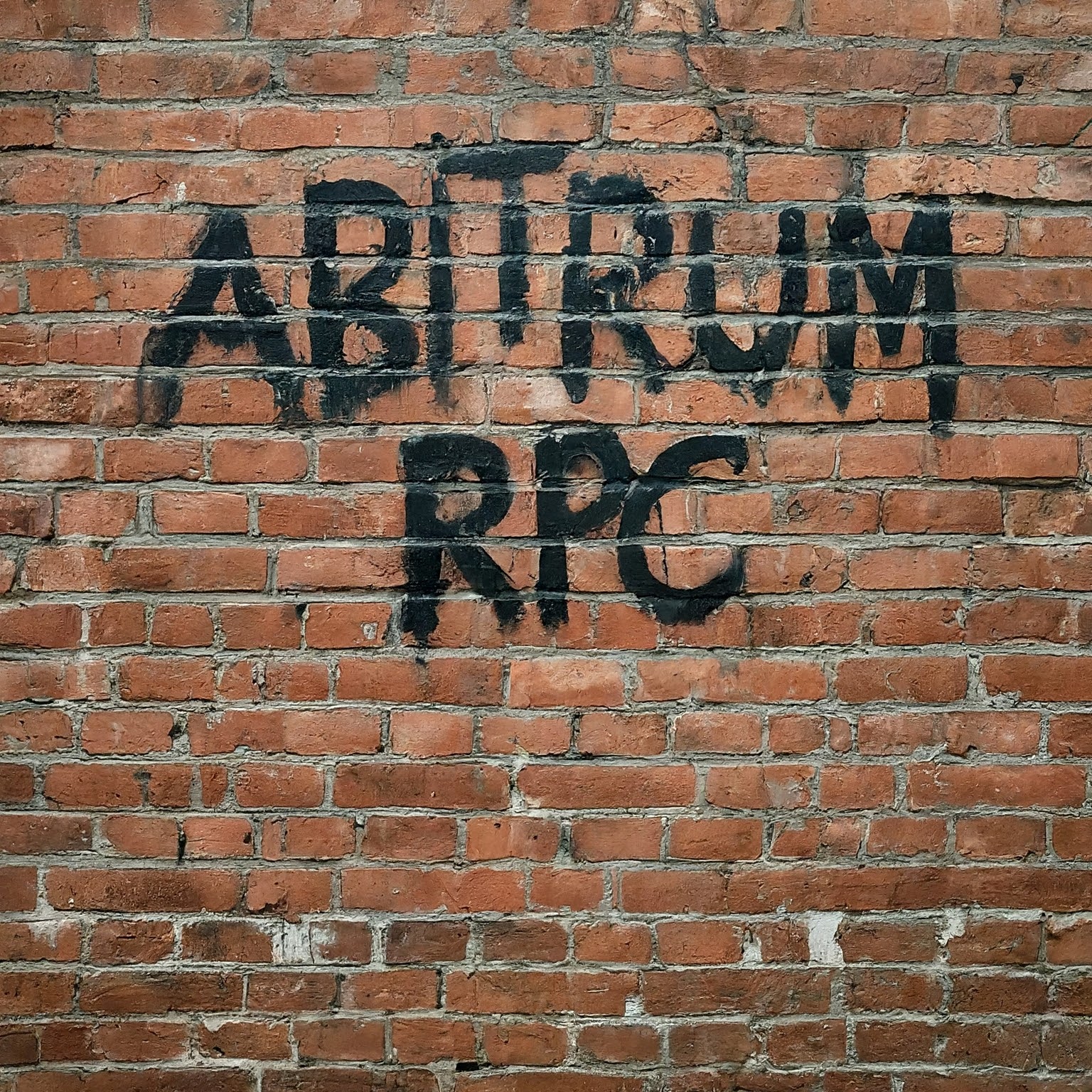
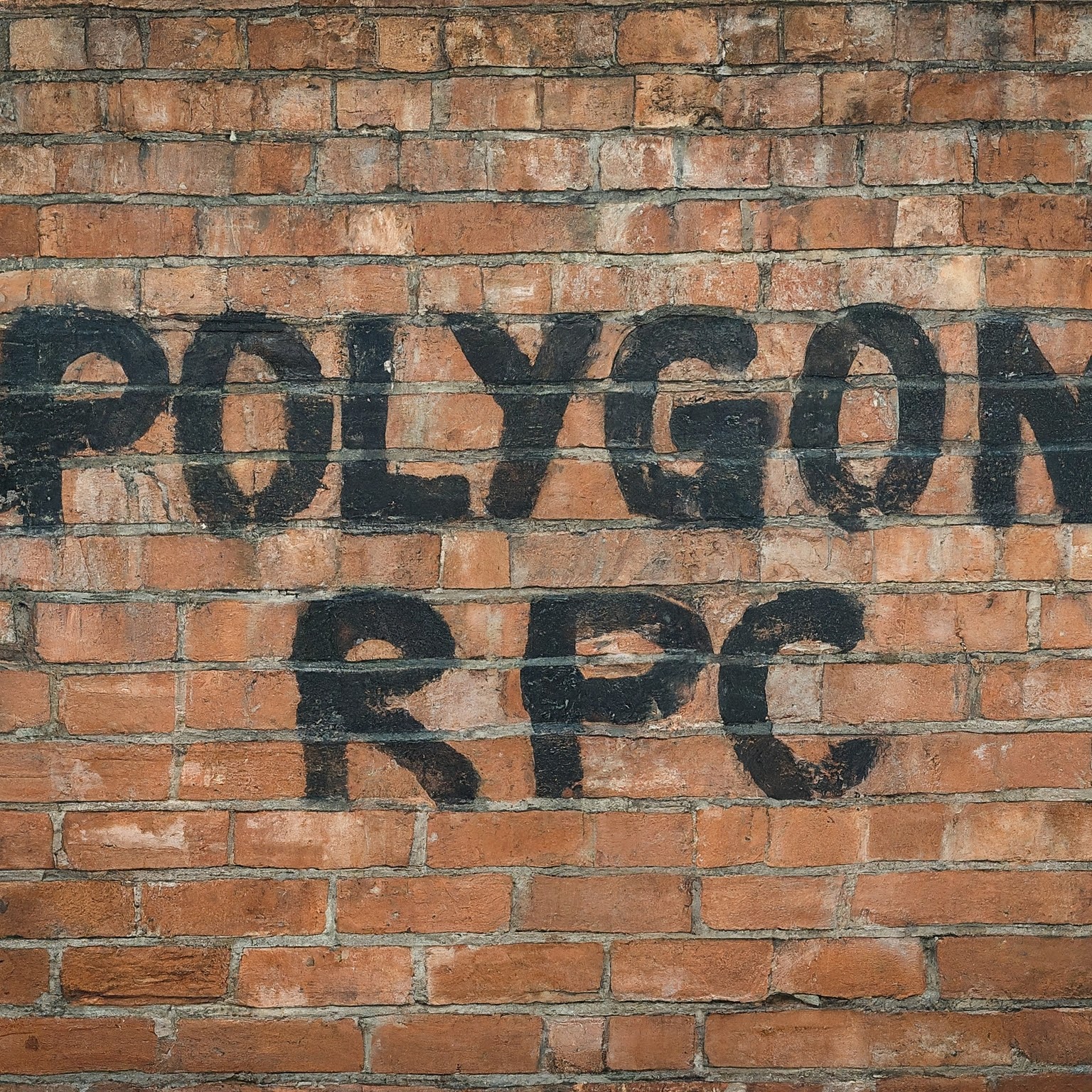
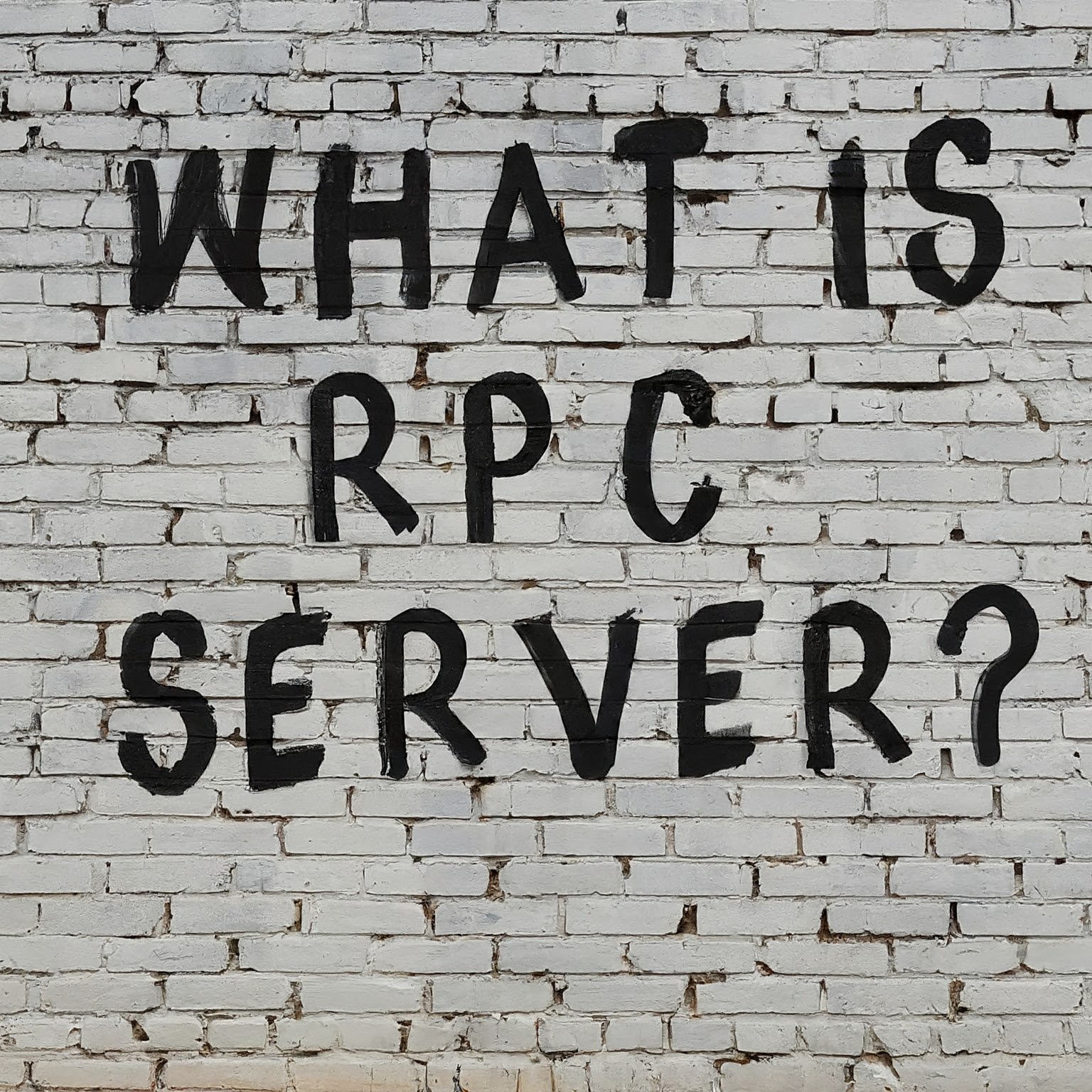
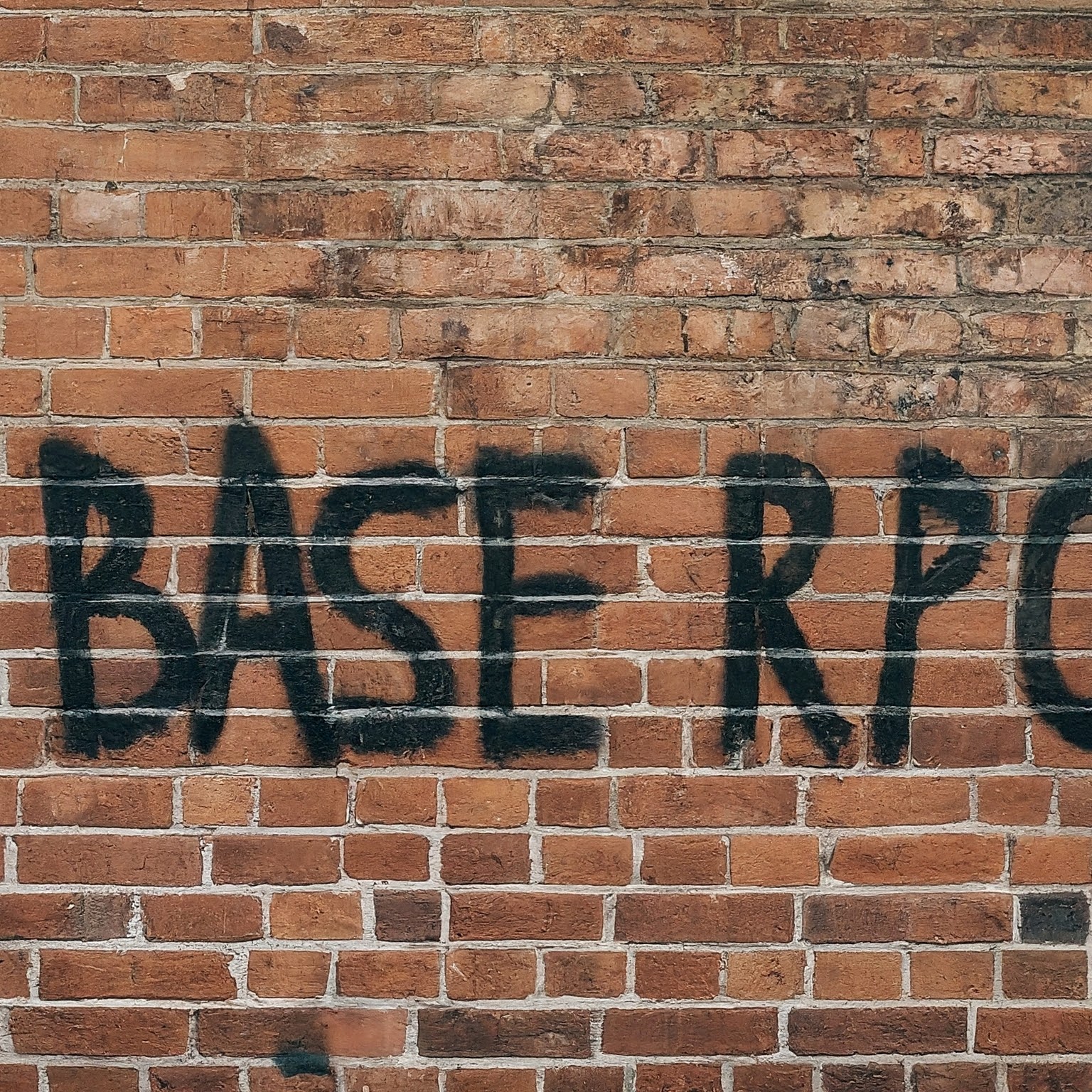
Leave a Reply
You must be logged in to post a comment.